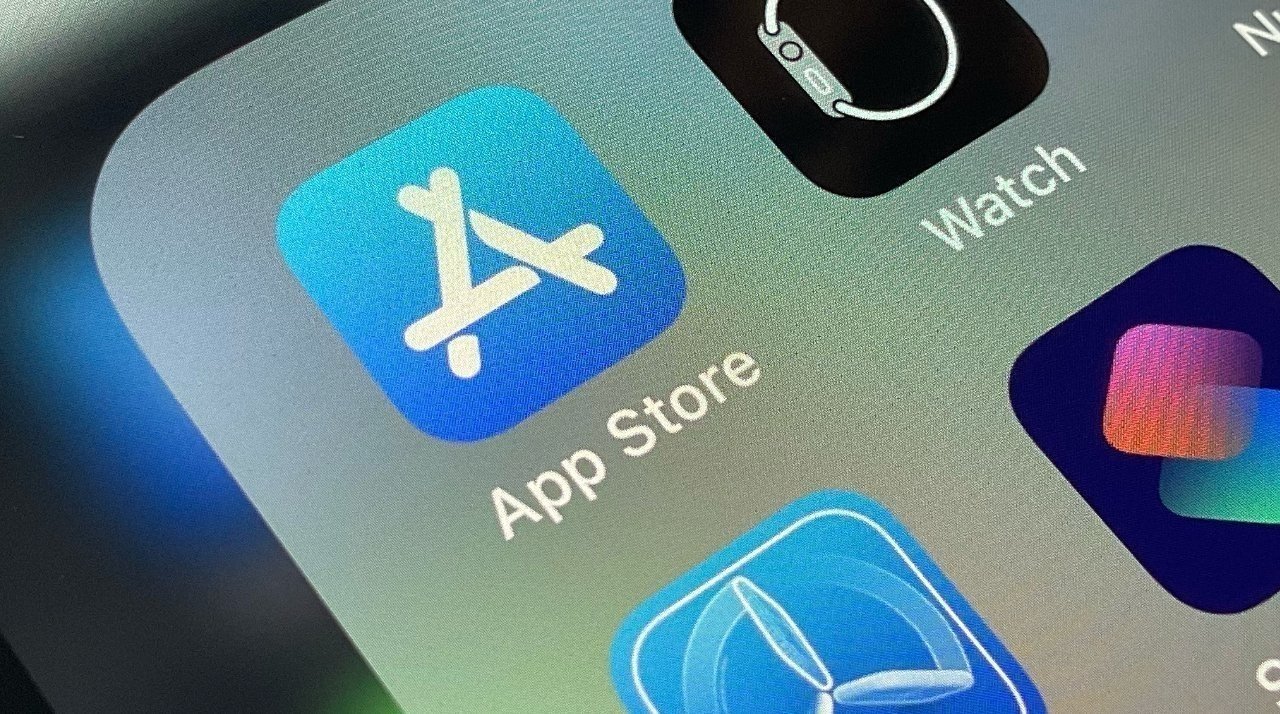Apple facing new $5.5 billion App Store antitrust lawsuit in the Netherlands
Apple has been hit with a new class action lawsuit in the Netherlands alleging that it abuses its monopoly position with its 30% App Store commission.

App Store on iPhone
The Dutch complaint claims that Apple's 30% cut of app and in-app purchases on the App Store amounts to monopolistic behavior and forces developers to increase their prices.
According to the Consumer Competition Claims Foundation, the potential harm could add up to nearly 5 billion euro, or about $5.5 billion.
The Dutch foundation calls for all European Union consumers who have purchased an app in the App Store or made an in-app purchase since Sept. 2009 to join its class action complaint, set to be filed in the Amsterdam District Court.
This new lawsuit is separate from a previous case in the Netherlands. The Dutch antitrust regulator has fined Apple more than 50 million euros after it found that the company's ban on alternate payment systems violated local regulations.
Apple denies that its systems are out of compliance. It has also refused to make any changes to its App Store in the country.
The iPhone maker has been in the crosshairs of antitrust regulators across the globe, including in the U.S. Apple is also still in the midst of a legal battle with Epic Games over its 30% App Store commission.
Read on AppleInsider

App Store on iPhone
The Dutch complaint claims that Apple's 30% cut of app and in-app purchases on the App Store amounts to monopolistic behavior and forces developers to increase their prices.
According to the Consumer Competition Claims Foundation, the potential harm could add up to nearly 5 billion euro, or about $5.5 billion.
The Dutch foundation calls for all European Union consumers who have purchased an app in the App Store or made an in-app purchase since Sept. 2009 to join its class action complaint, set to be filed in the Amsterdam District Court.
This new lawsuit is separate from a previous case in the Netherlands. The Dutch antitrust regulator has fined Apple more than 50 million euros after it found that the company's ban on alternate payment systems violated local regulations.
Apple denies that its systems are out of compliance. It has also refused to make any changes to its App Store in the country.
The iPhone maker has been in the crosshairs of antitrust regulators across the globe, including in the U.S. Apple is also still in the midst of a legal battle with Epic Games over its 30% App Store commission.
Read on AppleInsider

Comments
We used to talk about the Insanely Great. These days, it's just the insane that dominates.
iOS is vastly different. Ever since it’s inception the only way to get an app onto the phone from anywhere is via the “web app” method. This was there from day one and remains to this day. The App Store came a few years after first release and was driven by developers wanting a native app capability which had to be BUILT from the ground up. The price was that the only way to use this IP was via the App Store and it’s fee system.
To the vast majority of consumers it is fantastic - a one stop shop for apps that keeps their apps updated with no hassle.
To legacy computer users that got used to the old school way it was alien and seen as taking away features. But we fail (and still do) that the reason for iOS success is the simplicity of a one stop shop.
The vast majority of consumers couldn’t care less about the 30% margin or only having one App Store. They just want their phone to work, not break, and want a single place to find what they want. It’s simple for them and a vast number pay for that.
If you don’t want that, go buy one of the many Android phones on offer.
Basically, you don’t understand that the iPhone as a product has never changed its business model when it comes to apps. The option for web apps still exists, but it provides developers no income to survive.
iOS is tuned for a mobile workflow and plays to its strengths. MacOS is tuned for a less mobile experience.
The iPhone did change its business model with regards to apps. It shipped without an app store as we know it.
You later admit this and mention the costs involved. That is irrelevant. As has been seen over the years, it isn't impossible for third parties to do the same. The complaint is that alternative app stores are not allowed to exist on iDevices. Competition is not allowed.
Developers can generate income from their apps in different ways. It doesn't only have to be through a sole app store.
The vast majority of users not caring less about the 30% is irrelevant (apart from being unproven). None of the different investigations or proposals have considered if users care or not. It could be 10% or 60% and it still wouldn't change anything.